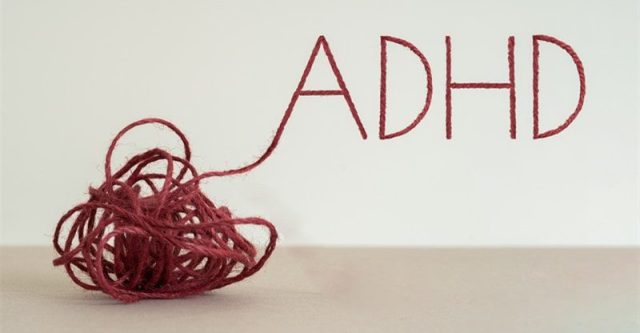Is It ADHD or Something Else? Know the Difference
If you or a loved one has ever wondered about ADHD and looked into it online, you know how confusing it can get. That’s why a professional diagnosis is so important. Some disorders share symptoms with ADHD, and mistaking one for another can waste time and lead to unnecessary struggles.
4 Conditions Often Confused with ADHD
Here are four disorders that can look like ADHD—ask your doctor about them if you’re unsure.
1. Depressive Disorders
- Depression can mimic ADHD, especially with issues like focus, memory, and motivation.
- Treating depression with ADHD methods won’t work—it needs its own approach.
- If ADHD-like symptoms persist after treating depression, further evaluation may be needed.
2. Anxiety
- Anxiety can cause restlessness and trouble concentrating, much like ADHD.
- Sometimes, ADHD itself leads to anxiety due to the stress of managing symptoms.
- Key difference: If focus problems cause anxiety, ADHD might be the real issue.
3. Oppositional Defiant Disorder (ODD)
- ODD involves defiance, irritability, and refusal to follow rules—traits sometimes seen in ADHD.
- Unlike ADHD, ODD often stems from trauma and can improve with therapy over time.
- ADHD is lifelong; ODD may be outgrown with support.
4. Bipolar Disorder
- ADHD symptoms (racing thoughts, impulsivity) can resemble bipolar manic episodes.
- ADHD traits are constant, while bipolar cycles between highs and lows.
- If symptoms don’t fade after weeks, bipolar may not be the cause.
Why ADHD Diagnosis Can Be Tricky
ADHD is often misjudged because diagnosis relies on behavior observation. People may hide or exaggerate symptoms, making it harder to spot. Not everyone with ADHD shows the same signs—it’s a unique experience for each person.
If you’re unsure about a diagnosis, talk to your doctor. Getting it right matters.




























